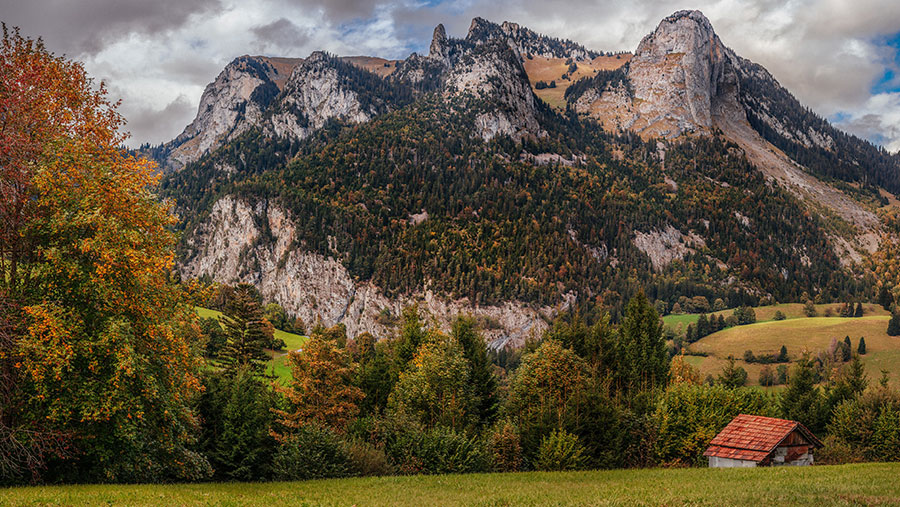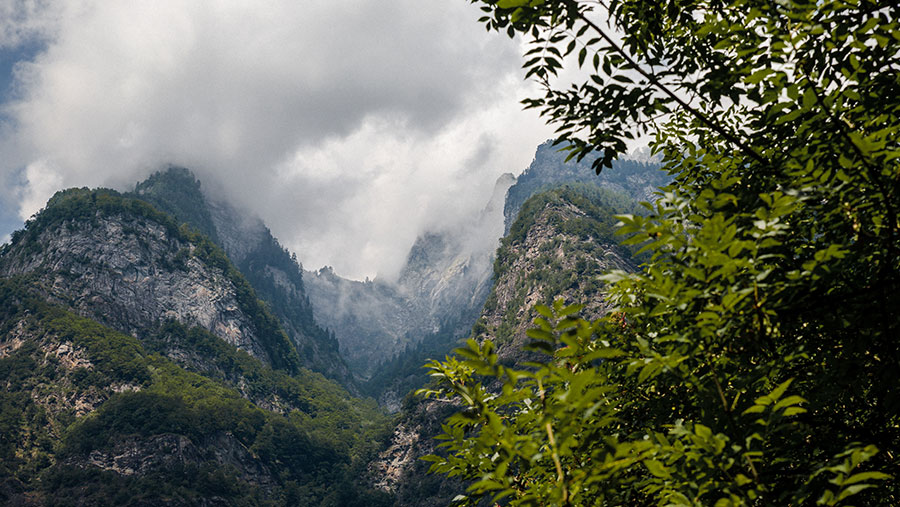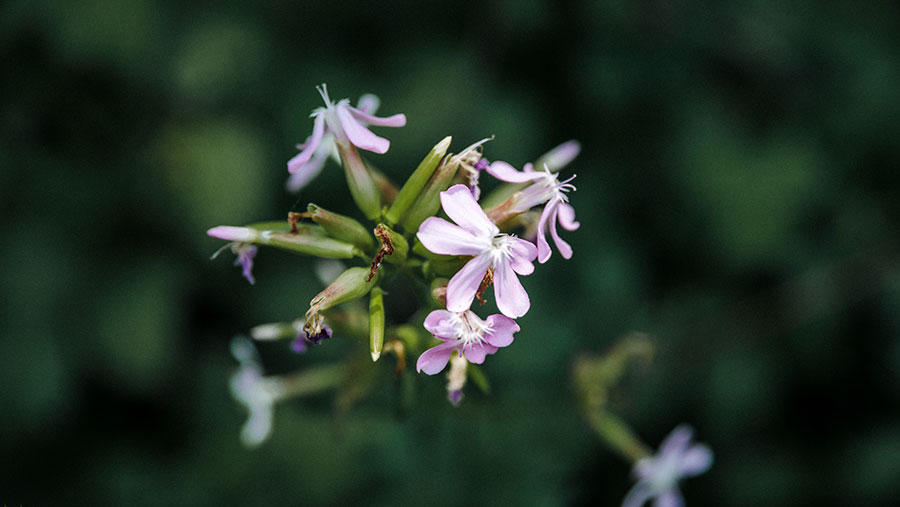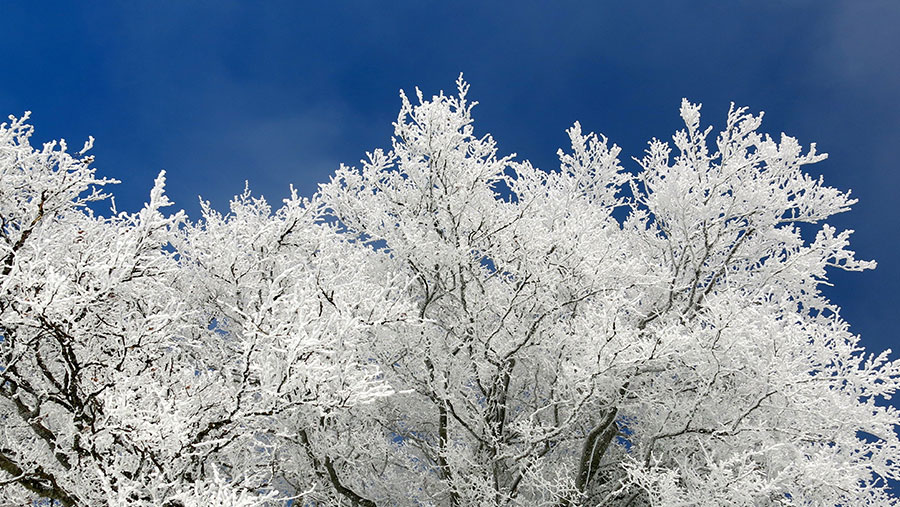Culture
From the extreme heat of desert sand, to the candid whiteness of polar snow, Nature expresses herself in very different ways around our planet. Right now, the mountains that guard our Swiss Shankra Valley are resting under the soft touch of snow, while in Sri Lanka, the other home of Shankra Festival, temperatures reach above 30°C.
We, as human beings, have developed vocabularies that are specific to different areas of the world, producing sometimes unique interpretations of natural phenomena.
Seasonality describes changes in the environment as our planet passes through its solar year. In temperate regions, we can experience spring, summer, fall and winter, but environmental changes occur seasonally everywhere on the planet.
Why do we take for granted that generally there are four seasons? Ecologically speaking, a season is a period of the year in which only certain types of floral and animal events happen. In different parts of the world, wildlife and flora change in different ways, following the specific climate of the area: this means that many interpretations of season were introduced by cultures around the world.
Going back in history, the most important division was introduced by ancient Egyptians, who defined three seasons - flood, growth, and low water - following the rhythms of former annual flooding of the Nile. This three-seasons system is still in use in some tropical areas, for example in Thailand.
In South Asia, different cultures in India, Sri Lanka and Bangladesh recognize six seasons: the monsoon season marks the passage from summer to autumn, giving the way to early winter and prevernal / late winter. On the other side of the world, Cree people use a six seasons calendar too, where the extra two seasons describe the freezing and breaking up of the frozen lakes and rivers.
In the traditional Chinese calendar, the four seasons are based on 24 periods of time called “solar terms”. In ancient Japan, this system was further divided into 72 micro-seasons lasting few days, with names as “first lotus blossom” or “wild geese fly north”.
As we have been evolving and developing complex social, economic and cultural systems, words have always been our allies in shaping our interpretation of reality. The more words we create, the more keys we have to understand and express our daily experience of life: we can recognize better our emotions and respond more consciously to stimuli, while having instruments to describe the world around us. Moreover, each situation described can acquire different meanings and awakens different sensations in us.
Let’s take a moment to consider our individual experience of seasonality: what would be our personal way of describing the magical glow of snow in winter nights, or the warm embrace of a summer sunset? By noticing how weather impacts our daily life, we could have a more conscious and attentive look to the world around and within us.
“Earth has a million seasons, or just one, depending on your perspective.” Ferris Jabr
Open call for submissions:
If writing is your passion and you wish to share your knowledge with our community, send us your feature topic articles by mail to info@shankrafestival.org with the subject “Article Collaboration”






